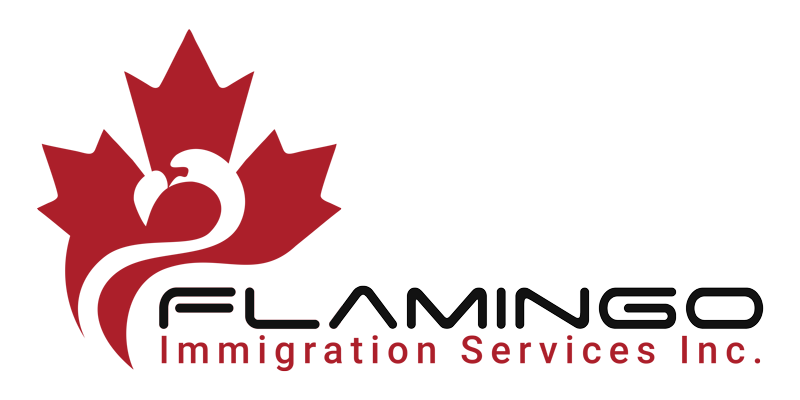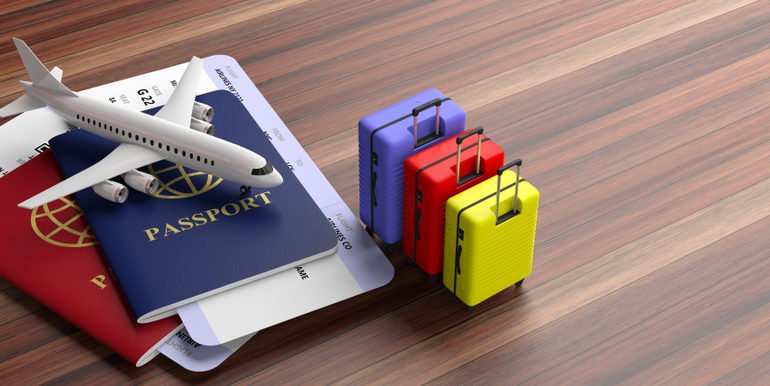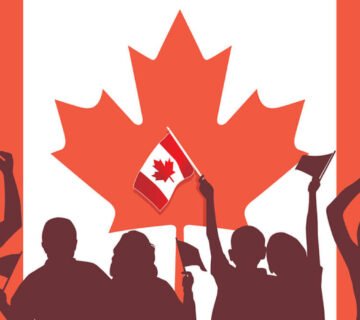After keeping the border closed for the previous 17 months, Canada is now welcoming travelers, but things are still not back to normal. Health Canada stated on July 19 that restrictions would be eased even more on August 9.
When will travel to Canada resume?
from September 7, fully vaccinated travelers from all countries will be able to travel again. Of course, because to the ever-changing nature of the pandemic, this date is susceptible to change. The government keeps a close eye on the coronavirus situation in Canada and throughout the world.
Unvaccinated visitors, on the other hand, will have to wait “quite a while,” according to Canada’s prime minister.
How does Canada define “fully” vaccinated travellers?
To be considered as “fully” vaccinated you need to have received the entire dosage of a vaccine from a Canada-approved manufacturer: Astra Zeneca, Pfizer, Moderna, and Janssen (Johnston & Johnson).
In addition, you need to wait 2 weeks between your final injection and your attempted border crossing. Otherwise, you risk being labeled “not fully vaccinated,” which may mean being turned away at the border or being quarantined.
Do I need to quarantine?
It is debatable. Everyone still needs a quarantine plan in place in case the officer decides they need to be isolated for 14 days. The officials at the border make the final judgment on who must be quarantined.
Quarantine is no longer required for fully vaccinated travelers who are not subject to travel restrictions since July 5. Canadians, family members, employees, and international students are all exempt. They are also excluded from day-eight testing.
The obligatory hotel quarantine will no longer be in place as of August 9. Unvaccinated travelers will still need to remain in a government-approved hotel while waiting for the results of their on-arrival test until then.
Will travel to Canada require COVID-19 vaccine?
It depends on why you want to travel to Canada and whether you are exempt from travel restrictions. If you are coming for a essential reason but are not completely vaccinated in the eyes of the authorities, you will be subjected to quarantine and testing.
For the time being, if you are visiting for a non-essential cause, such as tourism or shopping, you will need to be completely vaccinated.
What if I am partially vaccinated, or fully vaccinated with a vaccine not approved in Canada?
Currently, you will still be subjected to the same procedures as unvaccinated travelers at this time. To enter Canada, you must be exempt from all travel restrictions and comply with all testing and quarantine procedures.
What is acceptable proof of vaccination status?
As long as it’s in English or French, whatever formal evidence of vaccination your healthcare professionals gave you would probably suffice. If it’s in a different language, you’ll need to upload a certified translation on ArriveCAN. You must, however, have both the original evidence of vaccination and the certified translation with you on your trip.
information of your first dosage, including the date, country, and vaccine manufacturer;
details of your second dose, if one was necessary;
and a photo or PDF file of each dose’s record, including receipts, cards, or confirmations.
I’m travelling with my kids who cannot be vaccinated. Do they have to quarantine?
Unvaccinated children will need to be quarantined and compelete testing procedures for the time being, even if their parents or guardians are completely vaccinated.
Starting August 9, children who are accompanied by fully vaccinated adults will not be required to quarantine
What if I test positive after recovering from COVID-19?
Even though they are no longer contagious, some people who have recovered from COVID-19 continue to test positive. These travelers must show confirmation of a positive COVID-19 molecular test taken between 14 and 90 days before departure. They will accept positive tests that are up to 180 days old starting August 9.



